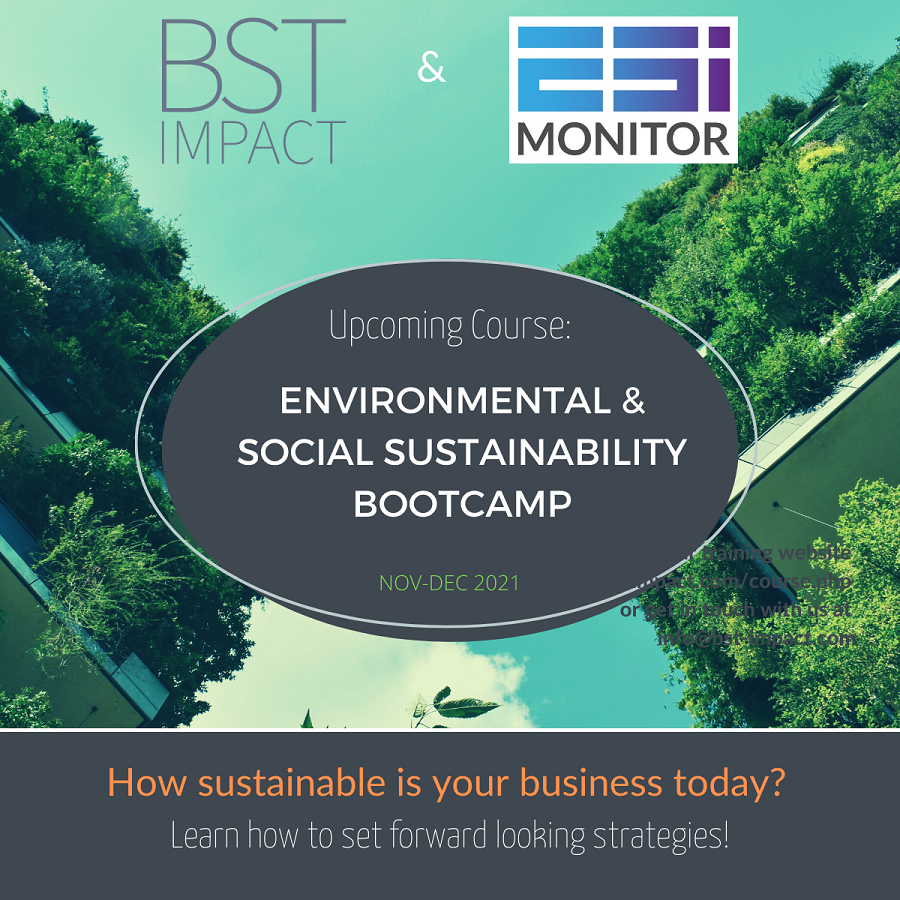International Migration Law Course, with the ICVA
The International Council of Voluntary Agencies, Civil Society Action Committee and the International Migrants Bill of Rights (IMBR) Initiative at Cornell University are jointly providing a learning program for NGO staff working on migration. The concept note and the outlines of the sessions, which have already taken place, can be found at the external link of the event.
As NGO staff are often in front line of providing services to migrants and advocating for them, it is crucial that they are aware of the international legal framework guaranteeing the rights of all migrants. Such rights are often but not always enshrined in national legislation. National law must not conflict with the binding obligations accepted by States under international law. Therefore, understanding international legal frameworks relevant to migration governance is important for NGO staff. Such understanding better equips NGO staff to play a broader role within the whole of the society approach and be able to support both migrants and States of origin, transit and destination to ensure compliance with the international legal framework.
Our Managing Partner Kristina Touzenis has participated in Session Nine of the Program, "Addressing Human Trafficking and Smuggling in People from a Right-Based Approach", outlining the international legal framework relating to trafficking and smuggling and the links to international migration.
Human trafficking and smuggling are global and widespread crimes. Human trafficking is one of the most serious human rights violations, which brings high profits to traffickers through the acquisition and exploitation of human beings by improper means such as force, fraud, or deception. Smuggling involves the facilitation of illegal entry of a person into a state of which that person is not national or resident, for financial or other material benefits. Distinct but often interrelated phenomena, they are conspicuously interlinked with migration: many men, women and children, driven by the hope for a better future abroad and often escaping economic inequalities, armed conflict, environmental crises and persecution in their countries of origin, fall into the hands of traffickers and smugglers.







